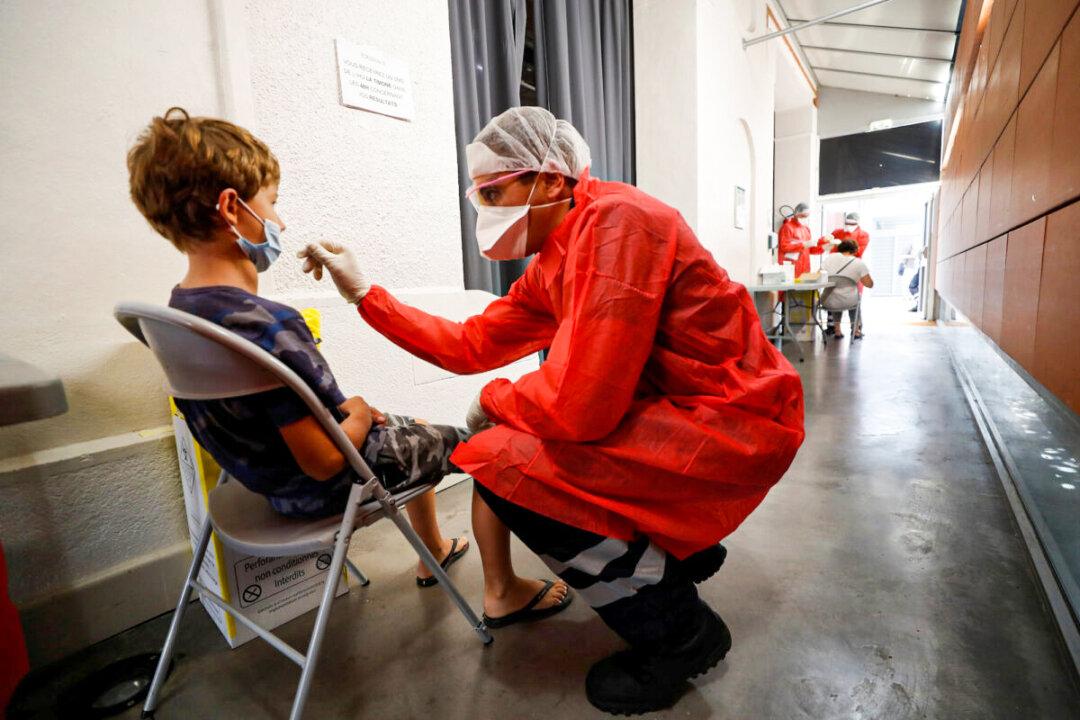Health officials have received reports of hundreds of children across 33 countries, including the United States, diagnosed with acute hepatitis of unknown origin that is clinically more severe than previous similar cases and with a higher proportion of young patients developing liver failure.
The World Health Organization (WHO) said in a May 27 statement that it had received reports of 650 probable cases of acute hepatitis of unknown origin in children between April 5 and May 26, with the reports coming as researchers theorize about a possible link to COVID-19, the disease caused by the as the CCP (Chinese Communist Party) virus.






